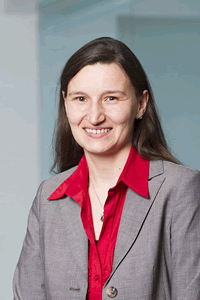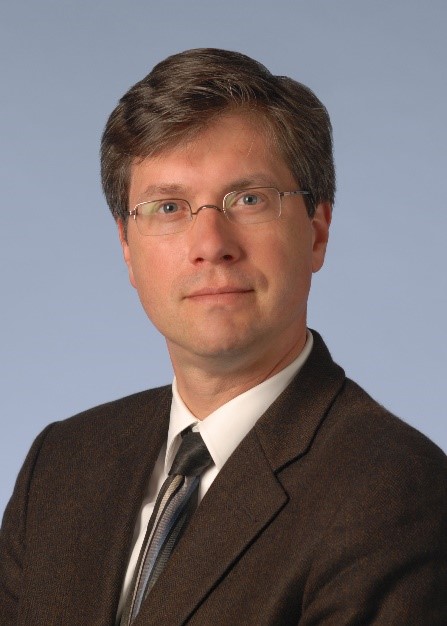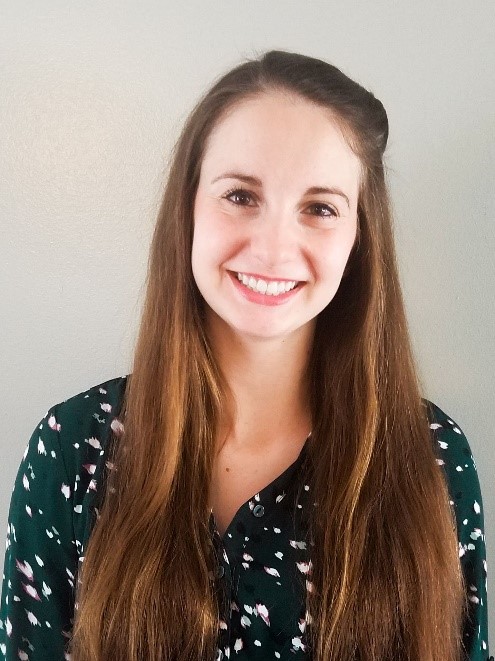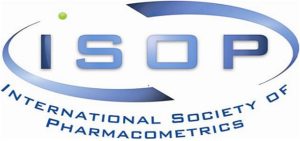The 2022 Population Approach Group of Australia and New Zealand (PAGANZ) meeting will be the second virtual meeting hosted in Brisbane, Australia by the School of Pharmacy, the University of Queensland from Tuesday 1st to Thursday 3rd of February 2022.
This meeting will be held via Airmeet. Registrants should have already received their own personal Airmeet invitation allowing access the virtual conference. If you have registered but have not received an email from Airmeet yet, please check your junkmail. For some individuals, the invitation has been sent to the email registered to the PayPal account used to pay for the meeting. If you cannot find your invite, please email [email protected] directly for assistance.
Who should attend?
The PAGANZ meeting is the Australasian forum for scientists with a research and professional interest in the use of the population approach in pharmacokinetics and pharmacodynamics. A strong focus of this meeting is the application of population modelling and simulation techniques in the experimental, clinical and regulatory settings of drug development.
This meeting is designed for scientists and clinicians working in basic or clinical pharmacology research, pharmaceutical industry, regulatory bodies, and postgraduate students. The meeting combines a workshop given by leaders in the field and a scientific meeting giving researchers the opportunity to present and discuss their own work. This is an informal meeting and in the past has been very productive in helping and guiding researchers in this important area of pharmacology and drug development.
When
Tuesday 1st to Thursday 3rd of February 2022 (Australia Eastern Standard Time (AEST))
Abstract submission and registrations are now closed.
All successful presenters must submit their pre-recorded oral presentations or pre-recorded ePosters by Friday 21st January 2022 5pm AEST.
Preconference Workshops
The Population Analysis Workshops (PAWS) will consist of lectures and demonstrations. After the demonstrations, tutors will be available for consultation and assistance. The Beginners Course for NONMEM and the Intermediate Course will be conducted as parallel sessions. Attendance at the Intermediate Course requires experience with the conduct of at least one population approach analysis.
The beginners workshop will introduce the theory and practice of population modelling with a demonstration session with NONMEM.
The intermediate workshop will provide an introduction to Machine Learning with a hands-on session and Q&A session. This workshop will introduce participants to an overview of machine learning classification techniques. This overview will comprise presenting the conceptual basis (high level) for different techniques and providing detail on challenges related to data preparation and the creation of training and testing sets for classification algorithms. Participants will then run a classification exercise as part of the class on previously prepared training and testing datasets as a hands-on exercise.
PAGANZ Scientific Meeting
The scientific program is based on a combination of invited speakers and submitted abstracts. Symposium speakers include international and local experts in the field and presents a unique opportunity for Australasian scientists to share ideas. Sessions will be dedicated to free communications and discussions providing a forum for researchers to present both completed work and work in progress and receive feedback and advice from their peers in an informal setting.
The preliminary PAGANZ Scientific Program is available on the PAGANZ web. The program will be finalised once the abstract deadline has been met.
All sessions in the program will be recorded, so you can listen to them at a time convenient to you.
Invited Speakers
We can confirm the following invited speakers:
ISoP Keynote Speaker
Associate Professor Cornelia Landersdorfer

Cornelia Landersdorfer, PhD, is an Associate Professor at the Monash Institute of Pharmaceutical Sciences, Monash University in Melbourne. She trained in clinical PK studies, bioanalysis, population PK and mechanism-based modelling, and microbiological studies in Germany, Australia and the USA. She leads a research group that integrates dynamic in vitro infection experiments with mechanism-based mathematical modelling to optimise dosing of antibiotics. Her group performs the design and analysis of population PK studies for antibiotics and other drugs. She has >110 peer-reviewed publications and was awarded the Georgina Sweet Award for Women in Quantitative Biomedical Sciences (2018), and the Future Leader Award (2016) and Research Impact Award (2020) in the Faculty of Pharmacy and Pharmaceutical Sciences. Invited conference presentations include the European Congress of Clinical Microbiology and Infectious Diseases (ECCMID) and Interscience Conference on Antimicrobial Agents and Chemotherapy (ICAAC) in the USA. Her research is supported by the Australian National Health and Medical Research Council (NHMRC), NIH and pharmaceutical industry, and has impacted on dosing guidelines and patient therapy internationally.
Intermediate PAWS Facilitator
Professor Robert Bies

Dr. Bies is Professor of Pharmaceutical Sciences at the School of Pharmacy and Pharmaceutical Sciences as well as a member of the Institute for Computational Data Science (ICDS) at the State University of New York at Buffalo. Prior to this, he served as Associate Professor of Medicine and Medical and Molecular Genetics at the Indiana University School of Medicine and Director of the Disease and Therapeutic Response Modeling program for the Indiana CTSI. He is a consulting scientist at the Centre for Addiction and Mental Health, University of Toronto; North American senior and executive editor for the British Journal of Clinical Pharmacology; and on the editorial boards of the Journal of Pharmacokinetics and Pharmacodynamics, Clinical Pharmacology and Therapeutics, Pharmacometrics and Systems Pharmacology, and Biopharmaceutics and Drug Disposition. He is a member of AAPS, ISoP, ACCP, and ASCPT and served as a board member of ISoP until December 2017. Dr. Bies was elected a Fellow in ISoP in 2020.
Dr. Bies received a BSc degree in Pharmacy from the University of Toronto (1991), a Pharm.D. from the UTHSCSA and the UT Austin (1994), and a Ph.D. Pharmacology from Georgetown University in 1998. This was followed by postdoctoral training at the Center for Drug Development Sciences at Georgetown University. His research has two main tracks: an applied track focuses on the application of pharmacometrics and PBPK approaches in HIV, addiction, psychiatry, oncology, neurology, and cardiovascular disease; and a novel methods development track, including machine learning approaches to model selection and optimization methods for parameter estimation in dynamic systems.
Ms Kimberly Adams

Kimberly is a third year PhD candidate in Pharmaceutical Sciences program at the State University of New York at Buffalo working under the supervision of Dr. Robert Bies. She earned her bachelor’s degree in Chemistry at the University of Wisconsin-Madison in 2016 and her master’s degree in Pharmaceutical Sciences with a concentration in pharmaceutical chemistry from the University of Florida in 2018. She also worked as a Pharmacokinetic Study Coordinator for 2 years at Covance implementing NCA via WinNonlin. Her current research focuses on the application of a PBPK model for pre-exposure prophylaxis drugs for HIV and the pharmacokinetic analysis of long-acting forms of naltrexone used for the treatment of opioid addiction. Kimberly will be helping to facilitate the PAWS Intermediate workshop.
Mr Thomas Straubinger
Mr Thomas Straubinger is a PhD candidate in Pharmaceutical Sciences program at the State University of New York at Buffalo working under the supervision of Dr. Robert Bies. Thomas will be helping to facilitate the PAWS Intermediate Workshop.
 |  |

